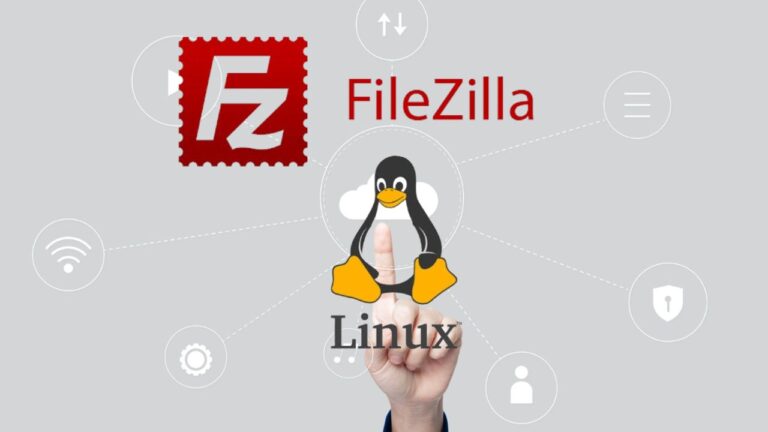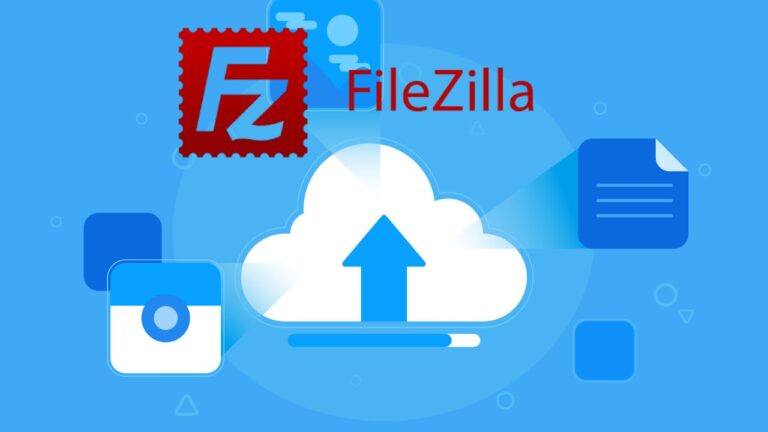When it comes to choosing the right storage solution for your server, one of the key decisions you’ll face is whether to go for an SSD (Solid State Drive) or an HDD (Hard Disk Drive). This choice is critical, as it can significantly affect the performance, durability, and overall cost-effectiveness of your dedicated server hosting. In this article, we’ll help you understand the differences between these two storage types and how to pick the right one for a budget-friendly server setup with affordable dedicated servers.
Understanding SSD and HDD
SSD (Solid State Drive):
An SSD stores data on flash memory chips, similar to a USB drive, and has no moving parts. This makes it faster, more durable, and less prone to physical damage compared to an HDD, making it ideal for those seeking high-performance dedicated server hosting.
HDD (Hard Disk Drive):
An HDD uses mechanical parts, such as spinning disks, to read and write data. It is an older technology that typically offers more storage at a lower price point, but due to the moving parts, it is slower and more susceptible to damage. HDDs are commonly used in dedicated web hosting for static data storage or backup purposes.
Performance: Speed and Reliability
The main difference between SSDs and HDDs comes down to speed and reliability:
- SSDs offer significantly faster read and write speeds. This translates to quicker boot times, faster data transfer, and overall better performance when handling large files or running high-traffic applications on affordable dedicated servers.

- HDDs, on the other hand, are much slower. While they may be sufficient for basic tasks, they can’t compete with the speed of SSDs, especially when handling high-demand processes like server management or hosting websites with heavy traffic on hosting dedicated servers.
Suppose you’re running applications that require fast access to data or need a responsive server for demanding workloads. In that case, SSDs are the clear winner for your dedicated server hosting. However, for more static storage needs like file storage or backups, HDDs can still serve the purpose at a fraction of the cost, making them a great choice for cheap dedicated servers.
Cost: Balancing Affordability
- For budget-conscious server setups, HDDs generally provide much larger storage capacities at a lower cost per gigabyte. This makes them the preferred option for businesses or individuals looking to store large amounts of data on a budget, particularly for cheap dedicated servers. However, the lower cost comes with the tradeoff of speed and reliability.
- HDDs are perfect for archival storage, media libraries, or environments where data access speed is not the highest priority. For those prioritizing speed and performance, SSDs provide excellent value in terms of long-term durability and performance, making them ideal for mission-critical applications on dedicated web hosting services.
Also Read: How Does a Dedicated Server Enhance Streaming Speed and Reliability
Durability and Lifespan
Another important consideration is durability:
- SSDs are more resilient due to the absence of moving parts, which makes them more durable in the long run. They are less likely to be affected by physical shocks, which can cause issues with HDDs due to their mechanical components. This resilience makes SSD-based hosting dedicated servers a reliable choice for uptime and data integrity.
- HDDs, with their moving parts, are more vulnerable to wear and tear over time. This means they may need to be replaced sooner, especially in environments with a lot of vibration or movement, such as in an affordable dedicated servers setup.
Choosing the Right Storage for Your Server
When selecting storage for a budget server, the right choice depends on the type of server you’re running and the specific demands of your business:
Performance:
If you’re looking for a high-performance dedicated server that can handle intensive applications or heavy user traffic, an SSD is the way to go. It will boost your server’s speed and reliability, even though it might cost a bit more initially. It’s the perfect choice for dedicated server hosting if speed is crucial.
Storage Capacity:
If you need large storage but are tight on budget, an HDD might be a better fit. It offers larger storage at a lower price, making it ideal for less demanding tasks, like backups and media storage in cheap dedicated servers.
Balanced Solutions:
Many budget-conscious users opt for a hybrid setup. You can combine an SSD for the operating system and applications while using an HDD for bulk storage. This way, you get the speed of an SSD and the capacity of an HDD, providing a great solution for dedicated web hosting setups.
Also Read: Is Azura Hosting Right for You? Key Factors to Consider
Why Ucartz?
Suppose you’re looking for affordable yet reliable server hosting solutions. In that case, Ucartz offers a range of storage options for all your needs. Whether you are opting for SSDs for superior performance or HDDs for large-scale data storage, Ucartz can provide the right storage configuration that suits your budget and requirements for hosting dedicated servers.
Their cheap server hosting plans come with a variety of options, ensuring you get the best performance for your dollar. With Ucartz’s competitive prices and expert support, you can build the perfect dedicated server without breaking the bank.
Frequently Asked Questions:-
Q: What’s the difference between SSD and HDD?
Ans: SSD (Solid-State Drive) is faster, more durable, and has no moving parts. HDD (Hard Disk Drive) is slower and uses mechanical parts, but it offers more storage at a lower price. If you’re looking for high-speed, dedicated server hosting, an SSD is a better option.
Q: Which storage is better for performance?
Ans: SSD is better for performance. It offers faster data read/write speeds, making it ideal for high-demand applications and faster server response times on a dedicated server.
Q: Can I use both SSD and HDD on a server?
Ans: Yes! You can use a hybrid setup with an SSD for the operating system and critical applications and an HDD for bulk storage. This can be especially useful for cheap dedicated servers that require both speed and storage.
Q: Which is more cost-effective: SSD or HDD?
Ans: HDDs are more cost-effective for large storage needs, offering more space at a lower price compared to SSDs. This makes them a great choice for dedicated web hosting when budget is a primary concern.
Q: Why should I choose Ucartz for my server needs?
Ans: Ucartz offers affordable, reliable server hosting solutions with flexible storage options, including both SSD and HDD, to meet your specific needs and budget for affordable dedicated servers and hosting dedicated servers.
Conclusion
When deciding between an SSD and an HDD for your cheap dedicated servers, the choice ultimately comes down to performance vs. cost. SSDs offer speed and reliability, while HDDs provide more storage at a lower cost. By considering your server’s needs and budget, you can make the right choice to ensure that your dedicated web hosting runs smoothly and efficiently. For those seeking both performance and affordability, Ucartz is here to help you find the best storage solutions for your dedicated server hosting.




